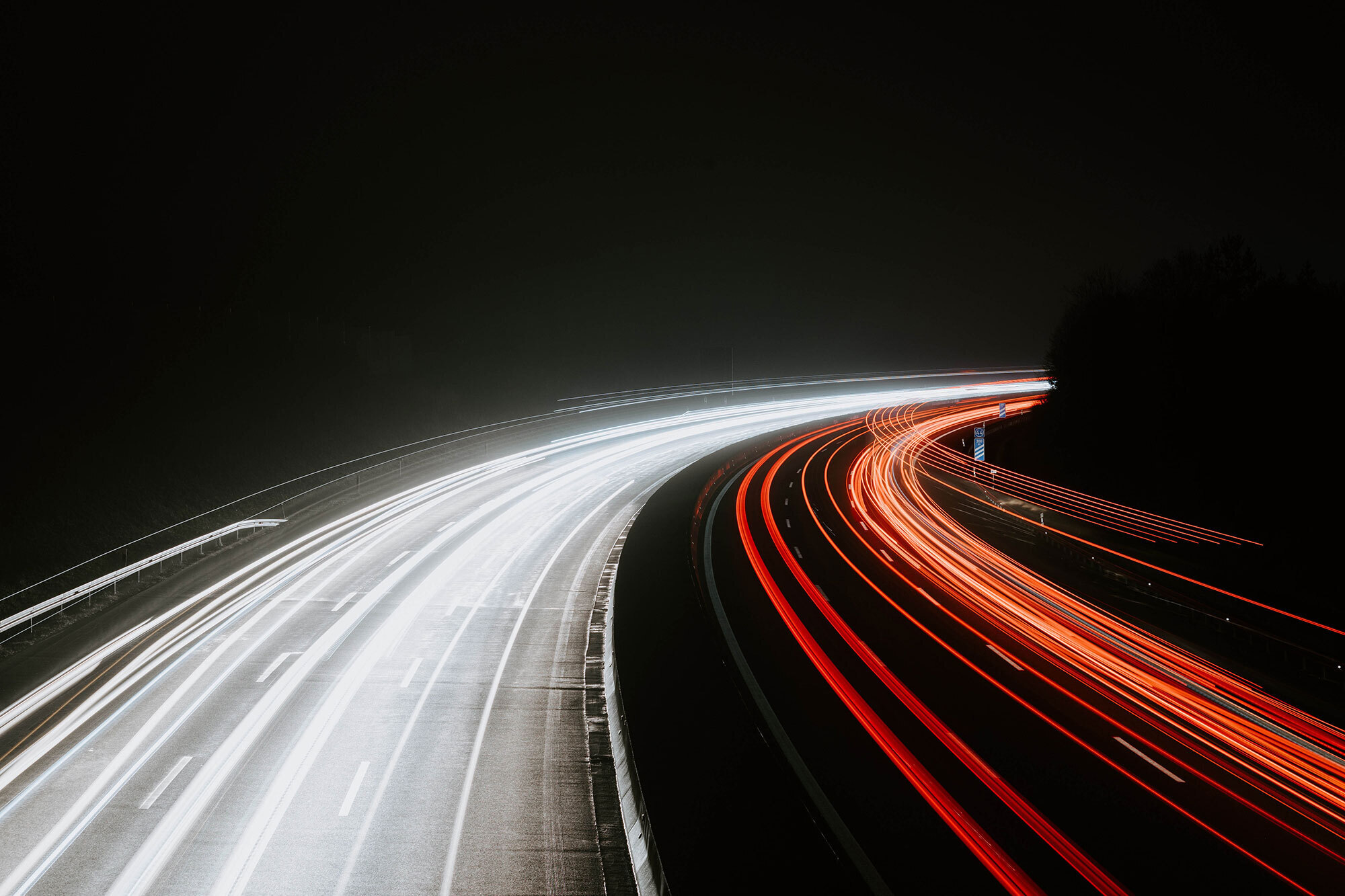Treating VOCs and NMP in electric vehicle battery production and recycling
As Europe gears up for a more sustainable future, the EU will soon phase out internal combustion engine (ICE) cars while promoting electric vehicles (EVs). However, the lithium-ion battery production and recycling processes release volatile organic compounds (VOCs) and other components in the air, which are dangerous for our environment and our health. DESOTEC’s sustainable mobile filtration solutions adsorb such molecules, ensuring the air is clean and safe to breathe.
The problem
There are three key stages of the li-ion battery production and recycling that result in air emissions to be treated.
First, the coating and drying process. After the cathode active materials and the additives are mixed with a solvent (often N-Methyl-2-pyrrolidone, NMP), this slurry is coated on the cathode foil and subsequently dried to remove the solvent. The solvent is recovered, however, traces of NMP can escape into the exhaust air, which must be removed to comply with - typically - very low emission limits.
Secondly, the filling of batteries with electrolytes. As it’s essential to keep batteries dust-free, production takes place in a clean and dry rooms atmosphere with good air circulation. This air contains VOCs in the form of electrolyte carbonates and must be purified before it is safely discharged to the open environment.
After assembly, the batteries are formed/ conditioned through re(charge) cycles, which can also lead to organic and acid trace gases into the exhaust stream.
The recycling process also emits VOCs. After reaching the end of their useful life, batteries are shredded and processed into black mass, which leads to a low flow of air containing high concentrations of VOCs, electrolytes and their decomposition products.
Therefore, companies operating in the battery production and recycling sectors need reliable and versatile air purification technology.


The solution
DESOTEC supplies full-service sustainable mobile filtration solutions based on the activated carbon technology. We have a series of filter models and activated carbon types to suit all battery production and recycling applications.
In battery production, flow rates tend to range from moderate to quite high, while the concentration of pollutants are low. DESOTEC’s larger filters handle such fluctuations in flow rates, as they have a low pressure drop.
In battery recycling, emissions are characterised by low flow rates and high contaminant concentrations. DESOTEC’s activated carbon filters adsorb these compounds, so the treated emissions may be discharged safely to the air.
The results
DESOTEC filters are in place at several battery production and recycling plants across Europe, achieving excellent results in purifying air flows.
Activated carbon filtration is a very adaptable technology, capable of handling fluctuating flow rates and concentrations of components. Plus, DESOTEC’s expertise and experience in this sector enable us to tailor our solutions to customers’ unique purification needs, ensuring optimal efficiency.
As part of DESOTEC’s full-service solution, we handle all filtration waste safely and sustainably. We exchange saturated filters in a simple process that usually takes just half-an-hour, minimising disruption at customers’ sites. We then transport the exhausted filter to our facilities, where the spent carbon is analysed.
All adsorbed molecules are destroyed in our furnaces in a process that is continuously monitored to ensure that only water vapour exits the chimneys. Wherever possible, carbon is reactivated. This circular business model cuts down on costs for our customers and ensures that their EVs are as green as they can be.
How can DESOTEC’s engineers help you?
Our experts would be happy to discuss your company’s purification needs. Get in touch today.
Contact our expertsHow can DESOTEC’s engineers help you?
Our experts would be happy to discuss your company’s purification needs. Get in touch today.
Contact our experts-
Our unique service
Our closed-loop, full-service model is as unique as your business needs. We’ll define the right filtration setup and safely recycle filtration waste, making it easy to go green. -
Your Sustainability Journey
Like you, we care about protecting our air, water, and soil for future generations. Our filtration solutions help you meet environmental standards, reducing your carbon footprint. -
Air and Gas Purification
Our sustainable filtration solutions ensure air purification, odor control, and high quality process gases such as biogas and biomethane.


